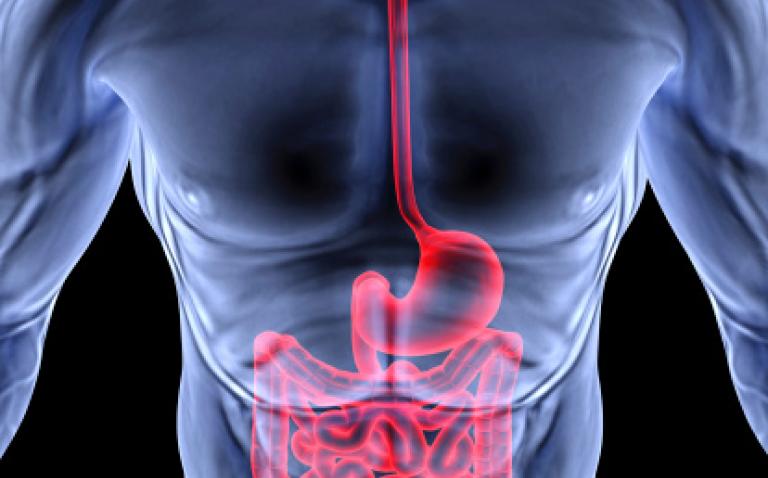Covidien has announced that results from a prospective, multicentre, randomised, controlled clinical trial show that endoscopic ablation therapy using the Barrx™ RF Ablation System is effective at eliminating Barrett’s oesophagus, a pre-cancerous condition of the oesophagus, and preventing disease progression.
The SURF Trial* (SUrveillance vs. RadioFrequency ablation) included 136 patients with Barrett’s oesophagus containing confirmed low-grade dysplasia. Upon enrolment, patients were randomly assigned to receive either endoscopic ablation therapy and subsequent endoscopic observation (treatment group) or endoscopic observation alone (control group). Tissue samples (biopsies) were obtained at regular intervals after enrolment to assess for the presence of Barrett’s tissue, dysplasia and oesophageal cancer.
The primary endpoint of the trial was a comparison of the risk of disease progression over time between the ablation and control groups. Disease progression was defined as the development of either high-grade dysplasia or oesophageal cancer during follow-up. The authors reported that endoscopic ablation therapy resulted in a 94% relative risk reduction in disease progression, compared to controls (1.5% progression in ablation group versus 25.0% progression in control group) over a two-year follow-up period.
Other endpoints included resolution of Barrett’s tissue and occurrence of adverse events. At last endoscopy visit, 90% of patients treated with ablation were free of all signs of Barrett’s oesophagus tissue, while none of the patients in the control group demonstrated resolution of Barrett’s tissue. The most common adverse event was oesophageal narrowing in the ablation group, which occurred in seven patients (10.3%) and was resolved with endoscopic dilation.
“In patients with Barrett’s oesophagus containing confirmed low-grade dysplasia, endoscopic ablation significantly reduced disease progression to high-grade dysplasia and oesophageal cancer, as compared to surveillance alone,” said principal investigator Jacques Bergman, MD, PhD, Professor of Gastrointestinal Endoscopy, Director of Endoscopy, Academic Medical Center, Amsterdam, the Netherlands. “The difference in the disease progression outcome between the two groups was so large, in fact, that the data safety monitoring board overseeing the trial recommended early stoppage of the trial, and patients in the control group will now be offered endoscopic ablation.”
The study, entitled Radiofrequency Ablation in Barrett’s Esophagus with Confirmed Low-Grade Dysplasia: Results of a European Multicenter Randomized Controlled Trial (SURF), was conducted at nine European medical centres with expertise in the management of Barrett’s oesophagus, dysplasia and cancer. Dr. Bergman’s colleague, Kai Yi N Phoa, MD, presented the outcomes data yesterday (Abstract #1004) at Digestive Disease Week 2013, part of an American Gastroenterological Association research forum held here this week.
“This trial adds very important new information to the management algorithm for patients with Barrett’s oesophagus containing confirmed low-grade dysplasia,” commented David S Utley, MD, Chief Medical Officer, Covidien GI Solutions. “Until now, there was some level of uncertainty regarding the optimal management strategy for a patient with low-grade dysplasia. We believe that this randomised, controlled trial provides the highest level of evidence that disease progression in this population is high over two years when observation alone is employed, and that this progression risk can be significantly reduced if the patient is treated proactively with endoscopic ablation.”
Barrett’s oesophagus develops as a result of chronic injury from gastroesophageal reflux disease. The normal oesophageal lining is replaced with abnormal cells (Barrett’s tissue), predisposing the patient to a risk for developing adenocarcinoma (cancer) of the oesophagus. Patients with Barrett’s who ultimately develop cancer typically do so through a series of steps, starting with early Barrett’s, proceeding to low-grade dysplasia or high-grade dysplasia and then, finally, progressing to cancer.
*The SURF Trial was supported by funds, products and collaboration provided by Covidien.










